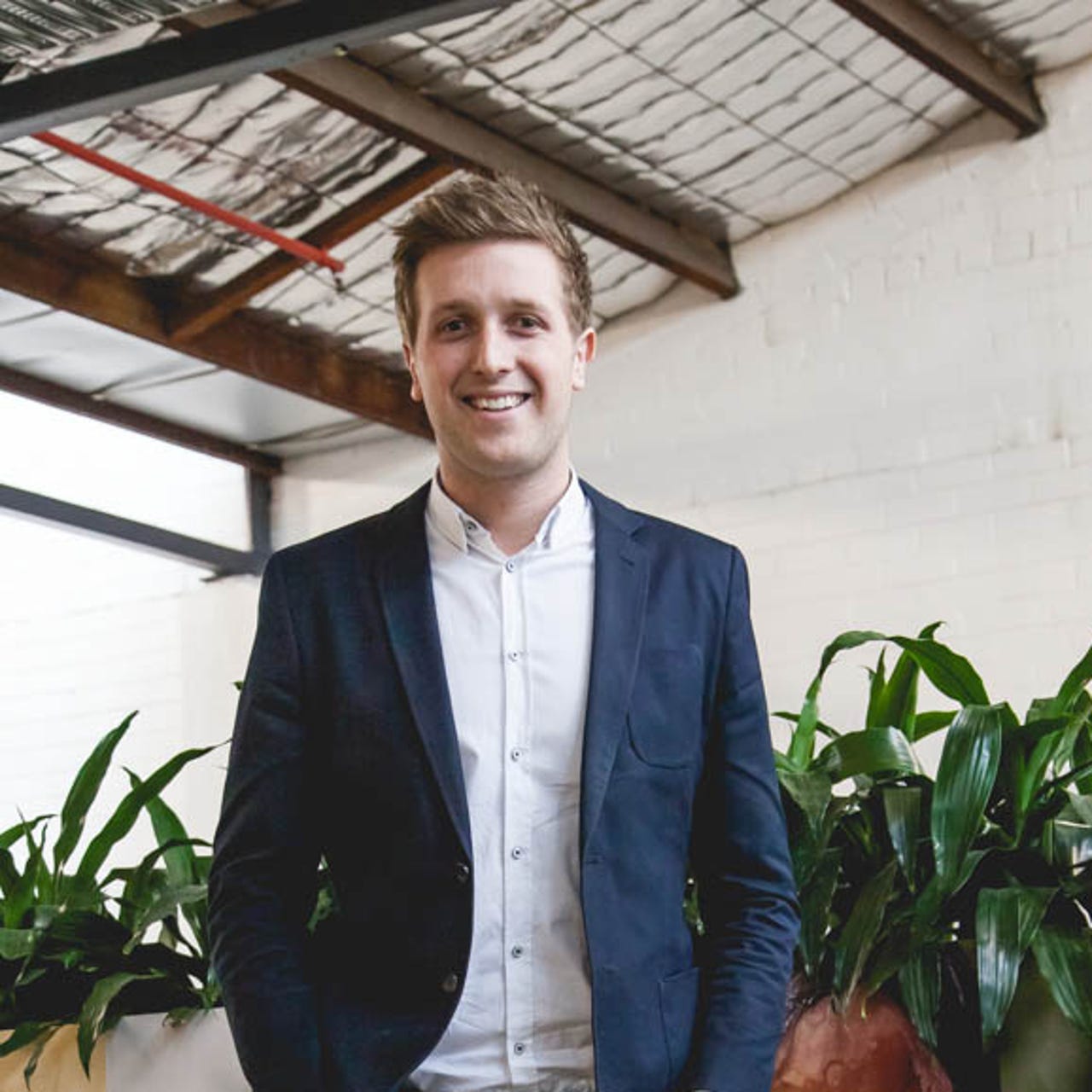Mobility at the centre of social enterprise expansion

Daniel Flynn and his team have a lot to be thankful for. In a little over six years, their business -- Thankyou Group -- has grown from an idea born out of university into a thriving social enterprise.

The idea was to capitalise on the AU$600 million dollars Australians spent on bottled water every year by developing their own brand of bottled water and channelling profits into safe drinking water projects for people in developing nations.
For three years, Thankyou worked its way into more than 350 small stores, before setting out to secure distribution with the biggest retail chains in Australia -- Coles, Woolworths, and 7-Eleven.
The small business didn't have the big marketing budgets of its competitors, so the company turned to social media to drum up support. In response, the big three retailers' social media channels were soon flooded with messages of support that single handedly turned the tide in Thankyou's favour.
According to co-founder and managing director Daniel Flynn, the business wouldn't be where it is today without social media.
"We've called on our social media community to support us with different campaigns, and it's because of their help that we were able to successfully pull off our Coles and Woolworths campaign -- getting our products into both major retailers."
From that moment on, the business grew exponentially, with a product range that now includes food items to fund short-term food aid and long-term food programs, and skin care products to fund hygiene and sanitation projects. Meanwhile, the staff count went from 5 to 20 people.
Internally, however, the systems and processes couldn't cope with the growth, and it was fast becoming a hindrance for staff. A shake-up was needed in almost every department, from finance and operations through to facilitating day-to-day collaboration between employees.
More on small business mobility
"Our entire finance and operations was in one person's head and a few different Excel spreadsheets," Flynn said. "This wasn't exactly ideal from an efficiency and process perspective ... or when he went on leave. We also had a lot of internal meetings and emails to collaborate on projects, which ate into time and productivity."
The move to cloud-based applications like Xero, Asana, and Google Apps quickly streamlined internal processes. Employees were no longer encumbered with administrative tasks, and, as a result, productivity improved. On the hardware side, laptops were provided for all staff members, while the use of employee-owned smartphones was encouraged.
"Superannuation was a nightmare to process. With 20 funds to worry about, it used to chew up a lot of my time. Now, it takes around five minutes to process everyone's super."
Web-based project management app Asana significantly cut down internal emails while helping staff manage task and project priorities more quickly and effectively. Flynn said that the system's ability to automatically create and assign tasks from forwarded emails ensured that nothing was missed, even while staff members were on the go.
"Anyone can use the smartphone app to see your task list and that of anyone else in your team at any time. It means that all our staff can be collaborating on a project regardless of their physical location. It's really helpful when staff members are travelling," he said.
Flynn admits that it took some time to get the entire team to understand the benefits of the technology transition -- a hurdle that he says was ultimately overcome through the provision of adequate training.
"We found that our training wasn't in-depth enough the first time, so we are in the process of running a new training session. Also, with new staff coming on board, we are vigilant in including training on all software as part of their on-boarding process."
But the mobility initiative wasn't just confined to internal operations.
Thankyou Group also uses it as a means of transparency with its customers. Every product sports a unique code on the label that customers can enter into the "track your impact" web app to receive detailed information on the specific project the purchase will fund, complete with GPS coordinates. Customers can also track their accumulated impact over time, and share the results over social media, further bolstering brand awareness.
"It was one of the most complex projects we've ever undertaken. It took buy-in from so many different stakeholders, from our suppliers to our label makers, to our project partners who had to provide incredibly detailed ongoing reporting to make the program possible."
After a seven-year process, the social enterprise has been responsible for over $2 million dollars in funds for projects across 14 different countries, including safe water access for 132,661 people, and has funded over 5.2 million days of access to food aid.